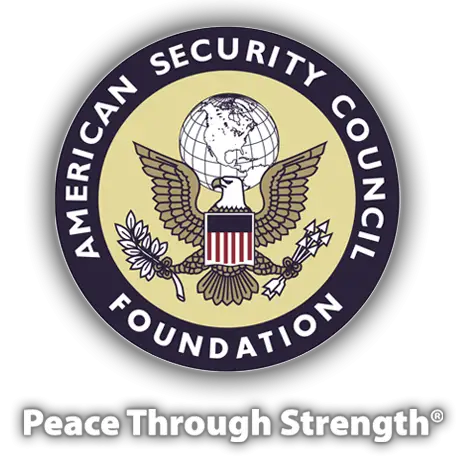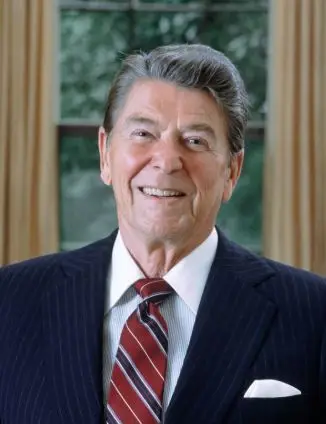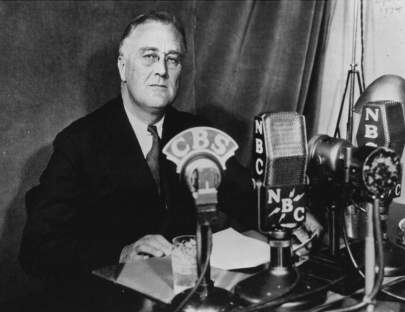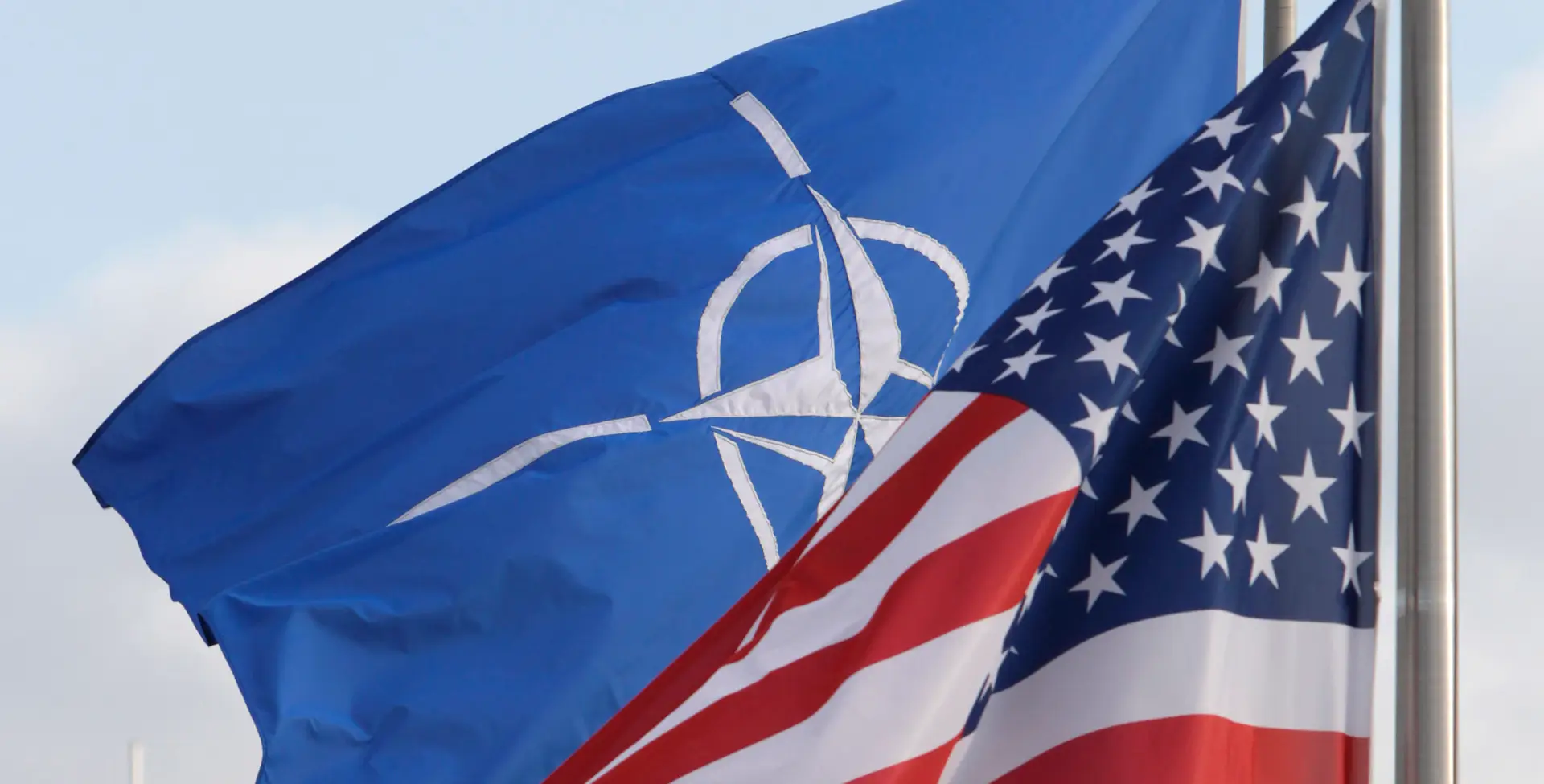
If you liked this article, please share it with your friends and family. You can also help the American Security Council Foundation shape American policy.
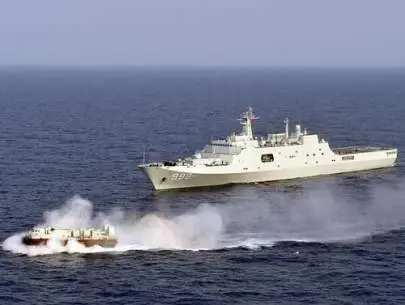
Written by Alan W. Dowd, ASCF Senior Fellow
March 2024 — Polls show that American voters are most concerned about immigration (35 percent) and inflation (32 percent). A quarter of voters cite jobs and the economy as their biggest concern. Only 14 percent express concern about national security. As they understandably tend to do in a representative democracy, politicians of both parties are largely focusing on what the voters care about—domestic issues. But with Vladimir Putin trying to reconstitute the Russian Empire, Xi Jinping supersizing his navy and nuclear force, Ali Khamenei unleashing his Hamas-Hezbollah-Houthi hydra, Kim Jong-Un expanding his missile arsenal and these adversaries collaborating to take aim at the Free World, it’s time for statesmen to step up and remind voters that “National security is government’s first responsibility,” as President Ronald Reagan observed.
Immigration, inflation and the labor market are important issues. Illegal immigration can even threaten national security. But we cannot continue to downplay the threats posed by China, Russia, Iran, North Korea and their proxies; we cannot continue to dismiss those threats as distant or secondary; and we cannot continue to deprioritize the tools needed to address those threats.
Warning
The situation calls to mind something President John Kennedy said to his staff: “Domestic policy can only defeat us; foreign policy can kill us.” As Kennedy understood, a domestic-policy failure may cost someone an election, but a foreign-policy failure may cost us everything.
Now, as in Kennedy’s day, statesmen and military leaders confront what most politicians and most voters fail to see. It’s a frightening picture.
Asked when the U.S. Navy was last engaged in the sort of combat operations it’s conducting in the Red Sea, Adm. Brad Cooper, deputy commander of U.S. Central Command, answered: “You’d have to go back to World War II.”
“We are preparing for a conflict with Russia,” warns Dutch Adm. Rob Bauer, head of NATO’s Military Committee.
“The Russian ground force,” reports Gen. Christopher Cavoli, commander of U.S. European Command, “is bigger today than it was at the beginning of the [Ukraine] conflict.”
“We have to take into account that Vladimir Putin might even attack a NATO country,” warns Boris Pistorius, Germany’s defense minister. “We also have to learn to live with danger again and prepare ourselves—militarily, socially and in terms of civil defense.”
“I hope I am wrong. My gut tells me we will fight in 2025,” Gen. Mike Minihan, commander of the Air Force Air Mobility Command grimly predicts, referring to a China-Taiwan-U.S. conflict.
Adm. Samuel Paparo, commander of the U.S. Pacific Fleet, warns that China’s military exercises around Taiwan are so fluid and constant that “Soon, we’ll be at a point where a force sufficient to execute a profound military operation is in the field and operating under a fig leaf of exercise.”
“The United States now confronts graver threats to its security than it has in decades, perhaps ever,” former Defense Secretary Robert Gates soberly concludes.
“We’re dealing with an adversary, a competitor in China stronger than the Soviet Union was in the 1940s, 50s, 60s, 70s and 80s,” explains U.S. Ambassador to China Nicholas Burns.
“Within the next three years, it must be credible to talk of a British Army of 120,000,” advises Gen. Patrick Sanders, chief of the British General Staff. “But this is not enough.” The government must “mobilize the nation…Ukraine brutally illustrates that regular armies start wars; citizen armies win them.”
“Real war is possible,” according to French Ambassador to the United States Laurent Bili.
“There could be war in Sweden,” predicts Carl-Oskar Bohlin, Sweden’s civil defense minister.
“The Netherlands should be seriously afraid of war,” according to Gen. Martin Wijnen, commander of the Dutch army. “Our society should prepare for it.”
The Free World faces “the most severe and complex security environment since the end of World War II,” Japan’s cabinet concludes, adding that China’s actions “present an unprecedented…strategic challenge.”
Restoring
Yet the vast majority of voters either aren’t aware of the metastasizing threats or don’t care about the threats. That means policymakers and organizations of influence need to do a much better job educating the American people about the danger—and connecting faraway battlefronts with the home front.
